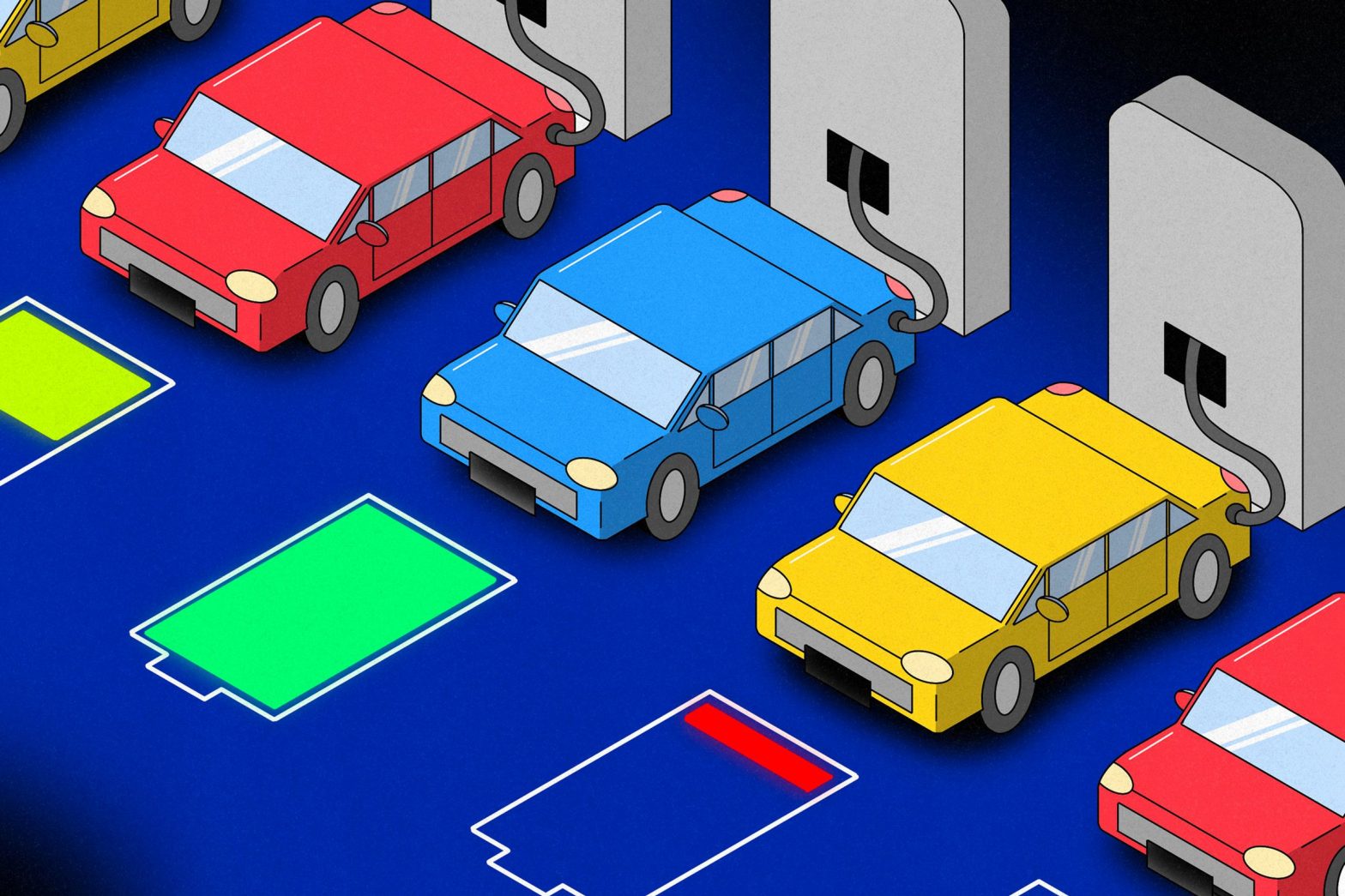/
The guidance lays out rules meant to disqualify EVs with battery minerals from countries like China. But difficult to trace minerals, like graphite, won’t count against the tax credit until 2027.
Share this story
:format(webp)/cdn.vox-cdn.com/uploads/chorus_asset/file/24533944/STK437_Electric_Vehicle_charge_EV.jpg)
The Biden administration is giving automakers a little leeway around some of the strict rules regarding eligibility for the government’s $7,500 tax credit.
The final guidance, which was released today, gives car companies a two-year exemption from provisions in the Inflation Reduction Act (IRA) intended to disqualify EVs with battery minerals from countries like China, Russia, Iran, and North Korea — so-called “foreign entities of concern” (FEOC).
The exemption only applies to “impracticable-to-trace” battery minerals, like graphite, which frequently comes from China. Those materials are exempt from the rules until 2027, the Treasury Department said today.
Other restrictions around more prevalent minerals, like lithium, nickel, and cobalt, will come into effect in January 2025. EV batteries with minerals sourced from China, for example, won’t be eligible for the $7,500 credit.
The auto industry pushed the administration to back off the tax credit’s more restrictive rules about trace minerals, arguing it would be almost impossible to meet them under the previous timeline.
“Imagine an EV that complied with all IRA eligibility requirements but is kicked out of the program because of a trace amount of a critical mineral from an FEOC?” John Bozzella, CEO for the Alliance for Automotive Innovation, which represents most of the major car companies, said in a statement. “That makes no sense – especially when you consider the massive investments automakers and suppliers are making in domestic EV manufacturing.”
That said, the final rules are likely to winnow down the list of eligible vehicles, Bozzella noted. Today, there are about 114 EV models available for purchase in the US. Of that number, only 13 qualify for the full credit, while another nine are eligible for the half credit of $3,750.
There are also income limits for buyers and strict rules for the vehicles and batteries. EVs need to be manufactured in North America to qualify, and the price is capped at $55,000 or less for a sedan and $80,000 or less for an SUV or truck.
The guidance also finalizes rules for dealerships offering the credit as an instant rebate to customers at the point of purchase. The Treasury Department said that provision has proved to be enormously popular, noting that more than 100,000 customers have received the credit as an instant discount so far this year.
Leasing remains an attractive option for car shoppers looking to go electric. Most pure-electric and plug-in hybrid vehicles, regardless of battery material origins or where the vehicle was manufactured, are eligible for the full $7,500 tax credit if they are leased. This is because leased vehicles are considered commercially owned vehicles. The financing divisions of the car company claim the credit on behalf of the customer and use the savings to drive down the price of the lease.
The Biden administration has embraced EV adoption as a major piece of its climate change policies, while also laboring to divert the supply chain away from China, which accounts for some 70 percent of the global manufacturing for EV batteries.
Several companies have said they will build new factories in North America, including new mining operations. But those factories and mines will take years to come on line. And in the meantime, automakers are getting cold feet about the money they’ve committed to EV manufacturing as demand starts to cool.
